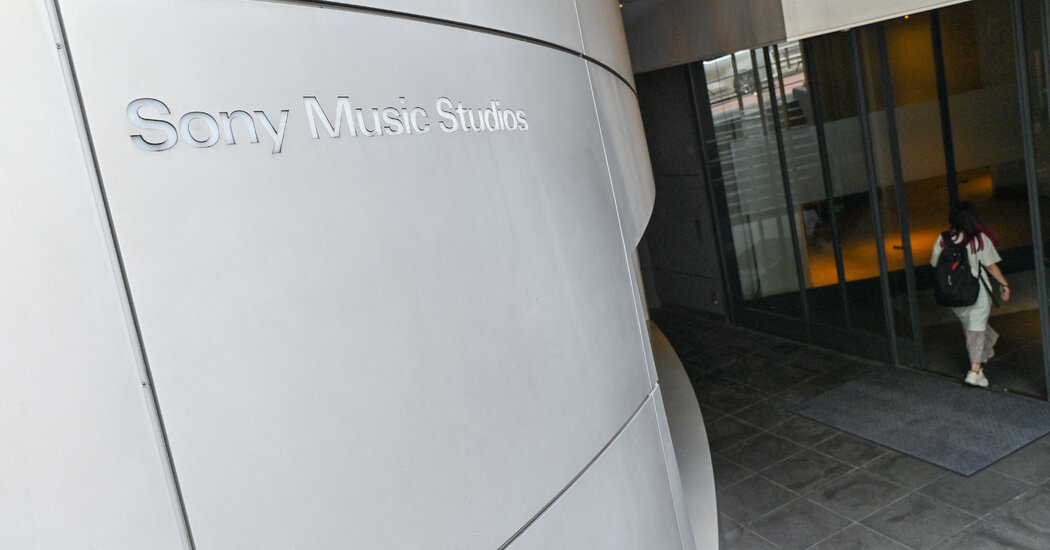Major record companies, including the Sony, Universal and Warner conglomerates, sued two digital music generation companies on Monday, accusing them of using copyrighted sounds and songs to train the artificial intelligence that powers their businesses.
The two companies being sued, Udio and Suno, allow users to create songs almost instantly by submitting a text command, much like how A.I. services such as Midjourney produce images based on text prompts.
The power of artificial intelligence is upending numerous industries, and companies that are able to take advantage of the technology can financially benefit. But the music industry plaintiffs argued in their lawsuits that the songs produced by these A.I. companies were possible only because the systems were trained on reams of intellectual property that the plaintiffs own.
“The foundation of its business has been to exploit copyrighted sound recordings without permission,” said the lawsuits filed against Udio and Suno in federal court.
“Building and operating a service like Udio’s requires at the outset copying and ingesting massive amounts of data to ‘train’ a software ‘model’ to generate outputs,” one suit said. “For Udio specifically, this process involved copying decades worth of the world’s most popular sound recordings.”
The suits are asking the courts to declare that the companies have engaged in copyright infringement and to assign damages.
“These are straightforward cases of copyright infringement involving unlicensed copying of sound recordings on a massive scale,” Ken Doroshow, the chief legal officer of the Recording Industry Association of America, a trade organization, said in a statement.
Doroshow added, “These lawsuits are necessary to reinforce the most basic rules of the road for the responsible, ethical and lawful development of generative A.I. systems.”
In a statement on its website, Udio denied that its software training methods were untoward.
“Just as students listen to music and study scores, our model has ‘listened’ to and learned from a large collection of recorded music,” it said. “The goal of model training is to develop an understanding of musical ideas — the basic building blocks of musical expression that are owned by no one. Our system is explicitly designed to create music reflecting new musical ideas.”
In an emailed statement, Suno’s chief executive, Mikey Shulman, defended his company.
“Our technology is transformative; it is designed to generate completely new outputs, not to memorize and regurgitate pre-existing content,” Shulman said, adding that users cannot refer to specific artists when asking Suno’s software to create something.
“Suno is built for new music, new uses and new musicians,” Shulman said. “We prize originality.”
The new lawsuits echo earlier ones from creative industries that accuse A.I. companies of training their lucrative systems with material that belongs to someone else.
The New York Times sued Microsoft and OpenAI, the maker of ChatGPT, saying that millions of the newspaper’s articles were used to train A.I. platforms. The photography syndicate Getty Images used similar reasoning in a lawsuit against Stability AI.
The actress and comedian Sarah Silverman and a group of novelists, including Jonathan Franzen and John Grisham, have filed separate lawsuits against OpenAI, accusing the company of training its systems with their work.
